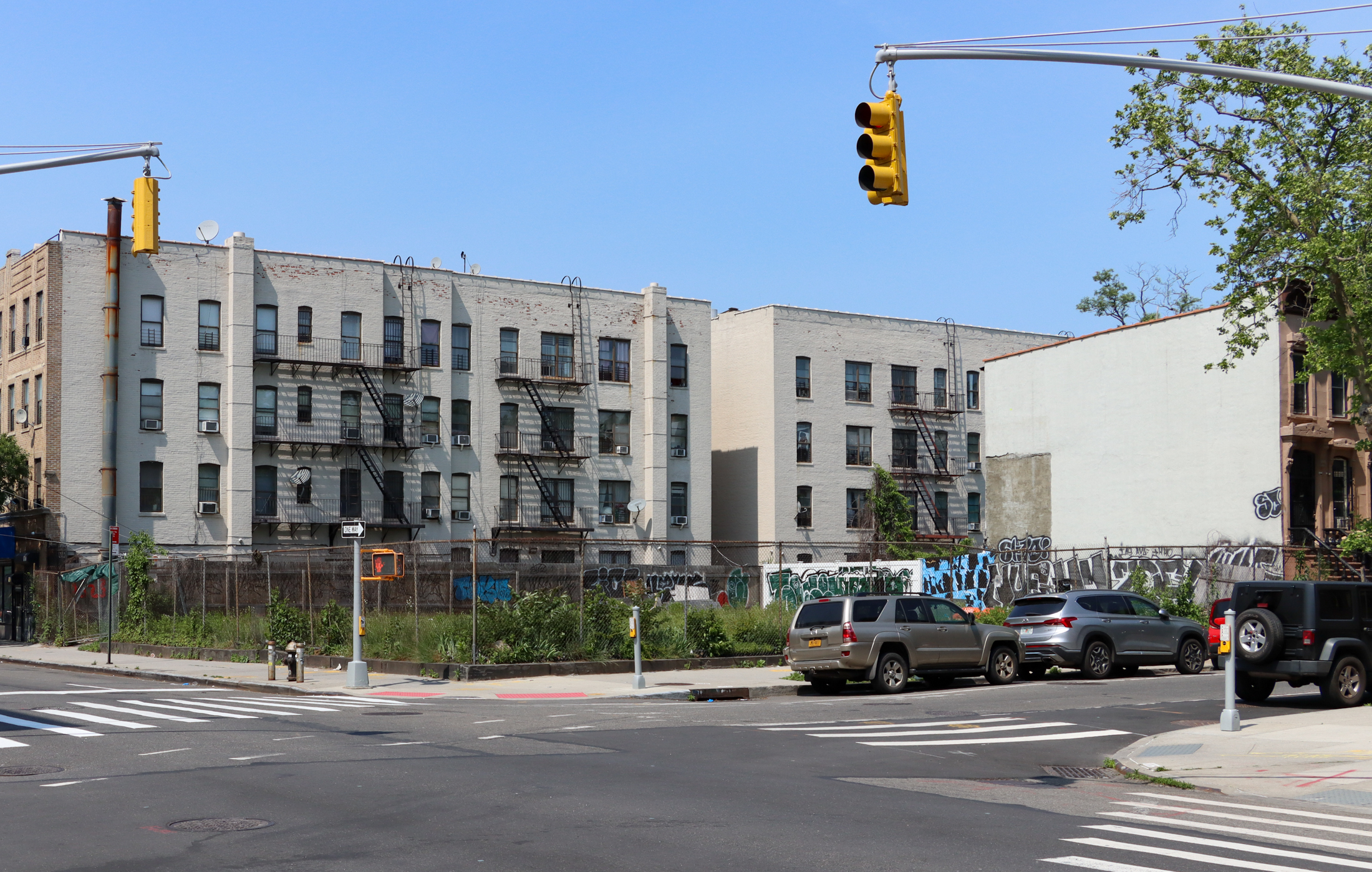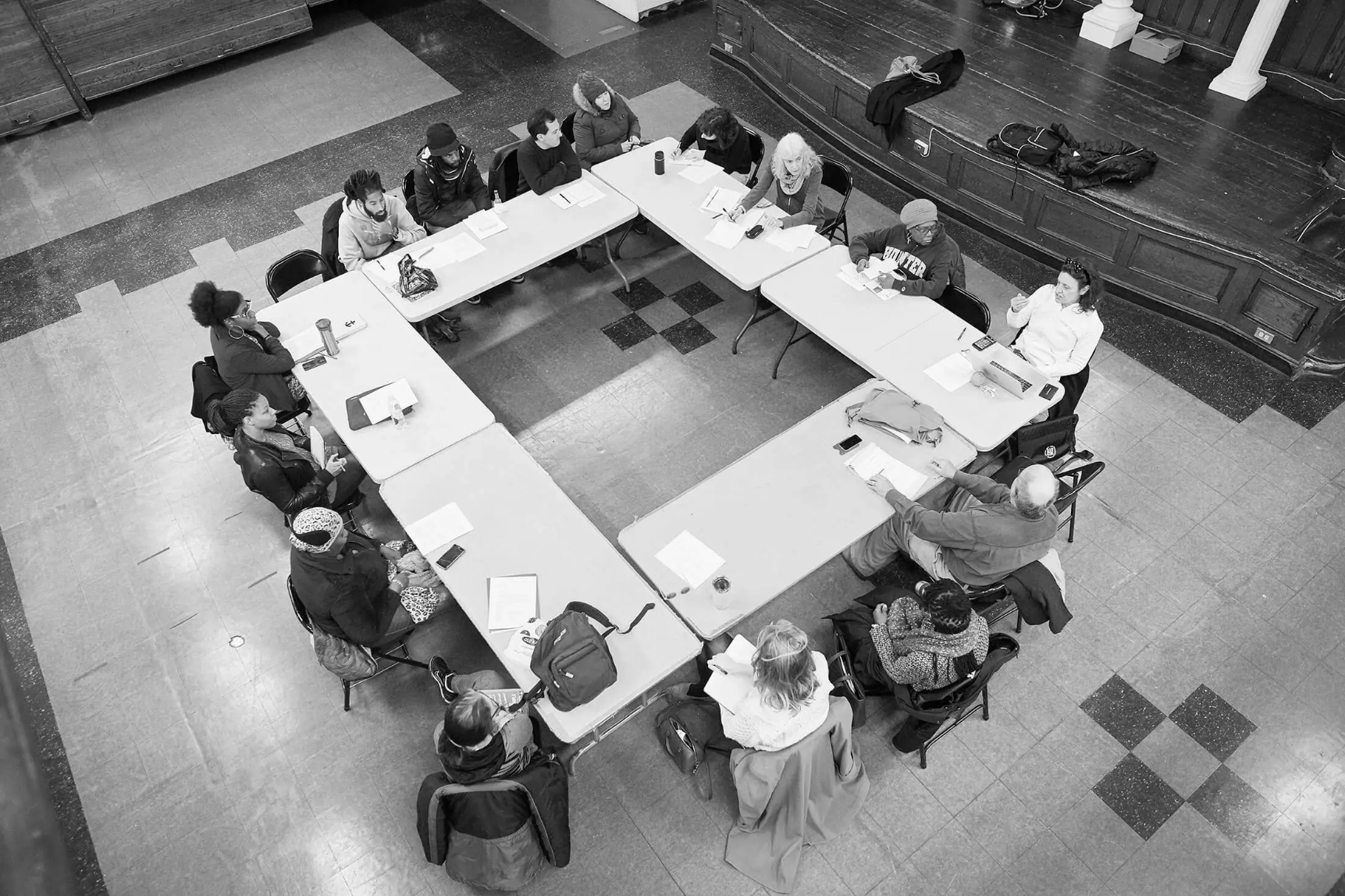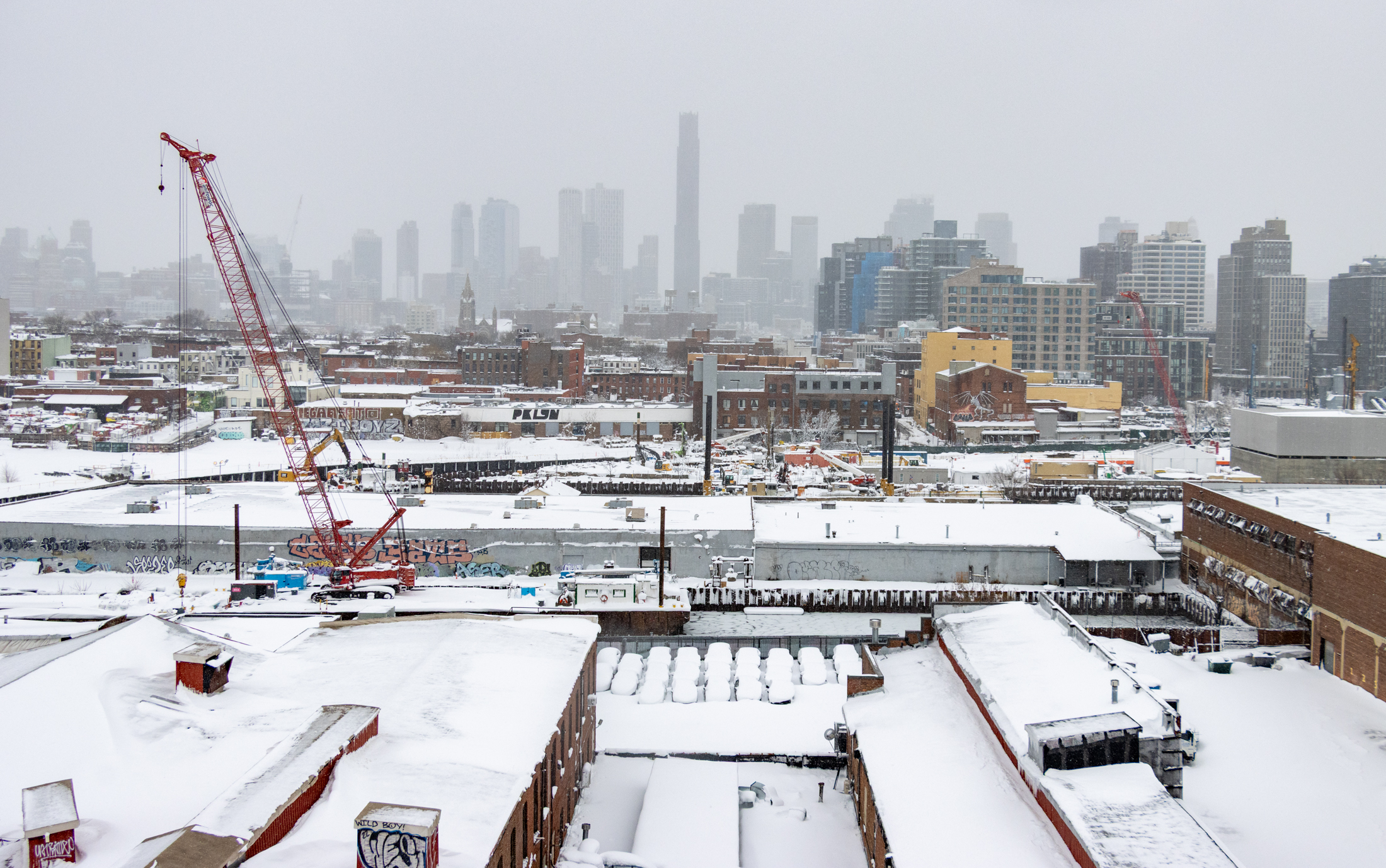Four Family Brownstones Getting Slammed
We received a bunch of emails about this article over the weekend for obvious reasons. The city is clearly over-penalizing people who want (or need) to divide their brownstones into four units. They also are creating an adverse incentive not to play by the book in performing renovations since the trigger for these massive tax…


We received a bunch of emails about this article over the weekend for obvious reasons. The city is clearly over-penalizing people who want (or need) to divide their brownstones into four units. They also are creating an adverse incentive not to play by the book in performing renovations since the trigger for these massive tax hikes in most cases appears to be the DOB filings that result in new assessed property values. Rather than harp on the obvious imbalance in the system, we’d like to hear some concrete advice. One is to reduce the number of units from four to three, but that will more than likely result in a drop in income as well. Please share your war stories as well as recommendations of lawyers, expediters and anyone else who could be useful in fighting a steep tax hike.
In Brownstones, Taxes Suddenly Rise [NY Times]





I often here people say the property taxes in NYC are low. But are they really? For the size of the lots I don’t think so. Say you have a 20 x 100 and the taxes are $3000. In the burbs you get 60 X 100 and the taxes are $9000. That looks equal to me, not to mention the income tax we pay in the city.
Frank, I think the the word penalty is being used in a relative way. Clearly one might feel that they are being penalized in the sense that they are paying way more taxes than more valuable buildings in considerably higher priced neighborhoods or even than a neighbor across the street, whose value has also risen with no improvements.
Fair share? Let’s do a case study:
One fellow from the article buys a house in Bed Stuy for $580,000, taxes are $4,800 per year. Since it doesn’t say, let’s assume it has 4 rentals. Let’s also assume he made a 20% down payment of $117,000. His loan is for $468,000 with a monthly payment of $3,113.62. Property taxes (using the “before” tax amount) would be $400 per month and his insurance would be, say, $400 per month. Throw in another $250 per month on average for the heating and common electric. That’s a total nut of $4165 (not including routine maintenance).
I am not sure what Bed Stuy rents are, but let’s say $1200 per month for a 2 bedroom. Assuming it’s owner occupied, rental income from 3 apartments is $3600 per month. The owner has to come up with $565 per month. Not a bad deal, you say, but remember this includes no maintenance, no repair (a new boiler will cost a minimum of $4000 installed, closer to $6000), no payments toward any larger renovations that probably took place (this can be huge), and no misc. costs, not mention the “hard to put a value on” cost of dealing with whining tenants, want to save the Earth but can’t quite figure out to recycle and who think all landlords are, as you might put it, “a rich man.” No property managers here.
Now let’s add in the $25,000 property tax increase the article mentions. That translates to roughly $2100 per month extra. That comes out to $525 per apartment (including the owner). Applied to current rents, that comes to $1725 per month. You’re not gonna get it. And this does not allow for $50 oil led utility rates rising.
The simple truth is that most folks who own a brownstone with apartments are not rich. The rich folks, for the most part, are the ones who own Brownstones WITHOUT apartments, in so-called better neighborhoods. They don’t have to have the rental income to make ends meet like the vast majority of us. They don’t want to mess with the previously mentioned tenants. Now let’s be clear, I have nothing against rich people, I hope to be one some day.
In reply to your comment about property tax being based on market values of the property, this is theoretically true, but in reality we’d all be up s*#@ creek if it were completely accurate. The market valuation on the tax rolls of my house is 1/3 of the price I could get today. If they start basing it on Corcorran sales prices, I and a Hell of a lot of other owners would have to sell out because the taxes would be so high. Not to mention the affect on renters. Along those same lines, in the last few years, virtually all market values have gone up, improved or not. Yet those taxes have risen only marginally.
I don’t dispute those that fault those mentioned in the article, but in fairness, this latest move of checking DOB permits is a rather recent occurrence. I think the whole concept of separating 1-3 family houses from 4 and 5 family houses seems arbitrary. People that own a 4 or 5 family brownstone tend to own just that brownstone, all under one roof. They are not in the same league as professionals who own large apartment buildings, yet they are taxed that way. They can live a half block from someone with a 3 family, yet be paying 3 times as much in taxes BEFORE any improvements. I’m not advocating that they all pay the same, it just seems like there should and could be a logical formula for taxing based on the number of units you have.
One thing for sure, this will discourage people from buying some of these places in emerging neighborhoods and it will also contribute to people doing non-permitted work.
Signed anonymous because I’ll probably soon be starting unpermitted “improvements.”
Maybe we should start a thread advising potential small landlords of landmines in the rental process: i.e., references may be fraudulent, etc. In addition to credit and criminal checks, it’s worthwhile doing a litigation check, which will uncover whether the potential renter has been in landlord tenant court with previous landlords. A couple years ago, I found out too late that I’d rented to a serial tenant; everything else checked out, but she’d never paid rent for more than a couple of months, then claimed the apartment was uninhabitable, changed the locks, and played the LT system for all it was worth. There were no judgments against her. But a litigation check would have revealed multiple settlements with previous landlords who had paid her to get out, as after she quit paying rent each time, she made life so unbearable for everyone in the building (screaming at the top of her lungs all night, accusing neighbors of being peeping toms, threatening to poison pets, etc.) no landlord could wait for months in LT court to wend through the inspections and evictions – all the rest of their tenants would have left in the meantime. And every settlement had a clause compelling the landlord to give her a recommendation to her next victim. She actually owed her previous landlord $16G at the point I rented to her; he was just grateful she’d disappeared and never bothered to enforce the judgment because he was afraid she’d kill him if he tried.
Actually, there are many disincentives to owning rental property in New York City. If you have any doubts about that being true, I would strongly urge anyone considering buying a brownstone with rental units to spend a day in Landlord/Tenant court. Belive me, you will witness the dregs of society, from all ends of the socioeconomic scale. Most of the attornies are awful, the judges seem to have one goal in mind, punish small landlords, and the paperwork is unreal. It’s a cliche, but true in my experience, that any tenant can basically finagle themselves a year in an apartment after a landlord has one a judgement against them. Often that year comes at a discount too. Oh, the only people worse than the landlord tenant judges are the marshals who oversee evictions, they show up, sit in their car, read the paper and drink coffee.
Although some brownstoners are interested primarily in restoring a place, many others are simply buying something they can afford and putting in sweat equity to make it livable. While some people surely “play the system” I think there is something seriously awry if you’re taxes jump as described in this article. I think the crux of the problem here is that there is a disincentive to improve your property/neighborhood because you could in fact be pricing yourself right out of your home. The city should be encouraging people to improve the housing stock in the city not the opposite.
I think the point of the article was not, “Woe is us, we own a brownstone and now we have to pay taxes on it.” I think the point was that anytime someone’s taxes shoot up by $25,000 or more in a single assessment, and they are now paying astronomically more than 95% of similar building owners in the city, that something is dreadfully wrong with how the law is being applied.
I’m missing something.
According to the New York department of Finance, it appears that the law forbids assessment hikes of more than 8 percent in any one year, and of more than 30 percent in any five year period.
I assume that part of the law EXCLUDES any improvements on the property. Can anyone confirm that?
And secondly, what, if any, is the likelihood that property taxes on three families could skyrocket like this too?
As the law stands now, obviously small property owners should avoid buying 4+ unit buildings.
This is really a tale of the huge increases in the prices of these buildings over the past decade. If these people had done these renovations 10 years ago, the reassesment wouldn’t be double/triple/quintuple what the original assesment was, so the tax increase wouldn’t have been so immense.
In the short term, it looks like the city should change the law so the increases are phased in over 10 years or so, because it really looks like the increases could wreck small landlords.
One more:
Is it that taxes on 1-3 family houses are the main revenue source for the city? 8)
Taxes should be paid, no questions. Problem is that renovation should not trigger big tax increase. Or rather: renovation that is resulting in up to the modern standard upgrades and improvements, structural, sanitary, better layout/ efficient use of space/efficient use of energy in a big way should not result in immediate tax increase.
Otherwise we will be always in this dreadful “good enough” loop in housing conditions.
PS. And sorry for my English – it is not my first, second or 3rd language.